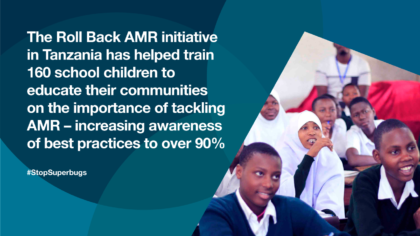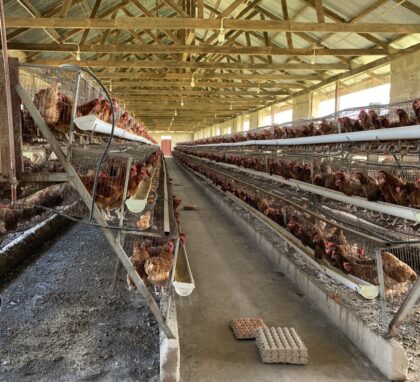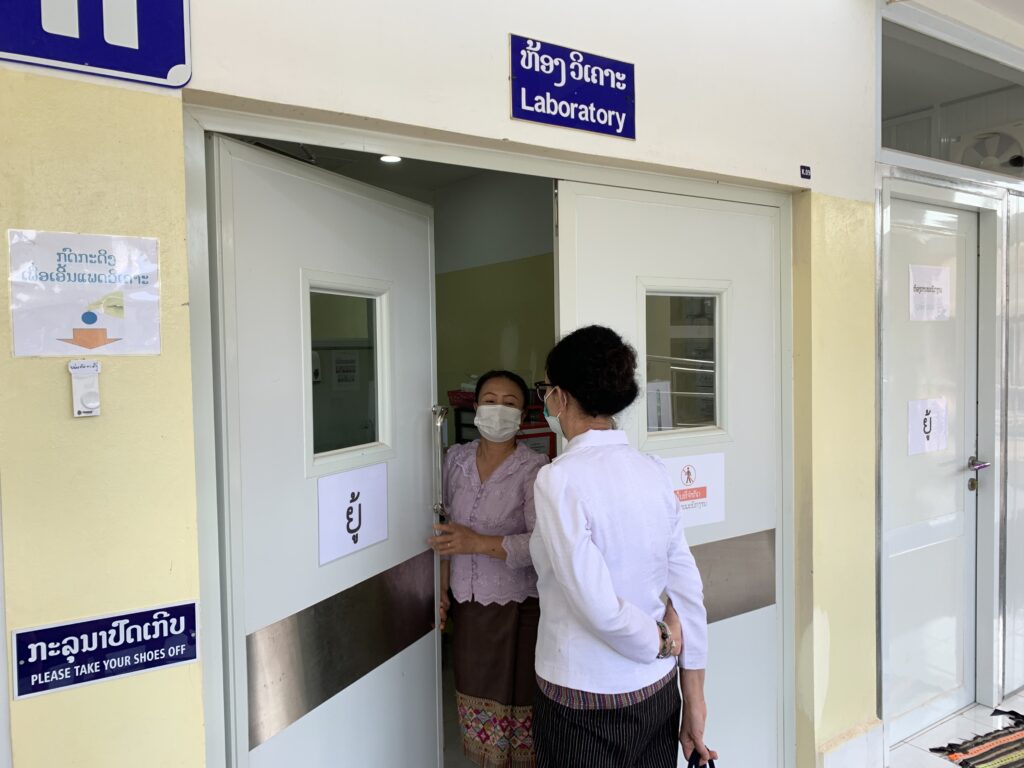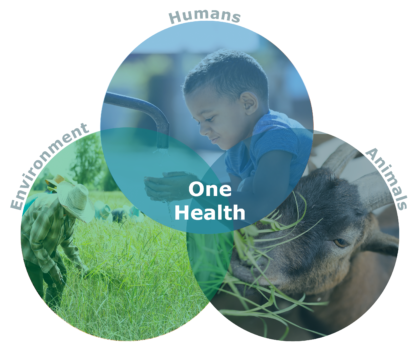Strengthening antimicrobial stewardship for equitable access to novel antibiotics – Webinar
ICARS-GARDP Webinar: Strengthening antimicrobial stewardship for equitable access to new antibiotics
Antimicrobial resistance (AMR) is a growing global health crisis affecting Low- and Middle-Income Countries (LMICs). While the need for novel antibiotics is significant in these countries, access and appropriate use remain major challenges.
To address this disparity, initiatives such as the Global Antibiotic Research and Development Partnership (GARDP) have undertaken steps to ensure access to novel antibiotics in LMICs. Over the past five years, GARDP has successfully developed a comprehensive portfolio of antibiotic treatments, with cefiderocol as one of the treatments to be delivered in the coming years.
However, the efficacy of such efforts remains vulnerable unless accompanied by concerted efforts to support the rational use of antimicrobials, also referred to as antimicrobial stewardship (AMS). Recognizing this critical interplay, the International Centre for Antimicrobial Resistance Solutions (ICARS) has been consistent in its commitment to AMS initiatives since 2019.
Through its project funded by Novo Nordisk Foundation called “Towards an Antibiotic Roadmap for the Sustainable Entry and Management of Antibiotic X (TANDEM-ABX) in Low- and Middle-Income Countries”, ICARS seeks to integrate AMS programs into local priorities and capabilities, for scalability, sustainability, and impactful outcomes to mitigate AMR. It also aims to highlight the value of integrating plans for access and stewardship for novel antibiotics that address the access-excess challenge.
About the event
The aim was to gather insights on establishing a sustainable linkage between access and stewardship for introducing last-resort novel antibiotics. In the first part of the webinar, an overview of the TANDEM-ABX project was presented, followed by a panel discussion on access to new antibiotics like cefiderocol, with a special focus on the Kenyan and Indian contexts.
This webinar was jointly organized by ICARS and GARDP, in collaboration with partners from Kenya and India.
Excerpts
“Antimicrobial Stewardship in LMICs is a proven public health intervention that remains insufficiently scaled up, especially in LMICs. Variations in clinical practices, IPC capacities, and the lack of standardized protocols and insurance coverage contribute to excessive antibiotic prescribing. Without broader recognition of the benefits of stewardship, its uptake will be limited. The challenge is to integrate stewardship into national priorities,” Dr Jyoti Joshi, ICARS.
“AMR is a major challenge, and while new molecules, especially last-resort treatments, are needed for resistant strains in LMICs, understanding each country’s landscape is essential due to varying priorities. Access is driven by data generated within countries, highlighting the need to strengthen diagnostic capacities. This will help identify resistant strains and determine which molecules to introduce. A robust surveillance system for both active and passive surveillance is needed to monitor existing resistance trends and track the emergence of new resistant strains,” Dr Kaunda Yamba, ReAct Africa Network.
“While access to first-line antibiotics is crucial, we must also address the end of the spectrum where AMR causes significant morbidity and mortality. In LMICs, the issue extends beyond resistance to the various factors driving it, requiring a multidisciplinary and multi-partner approach. Introducing new drugs involves balancing pharmaceutical production with stewardship, aligning push and pull strategies for antibiotics,” Dr Heather Finlayson, FIDSSA.
“AMS cannot succeed without strong diagnostics support and IPC. Increasing momentum is building around improving diagnostic availability at all healthcare levels, with national essential diagnostics lists playing a crucial role in this effort,” Dr Kamini Walia, ICMR.
Agenda
- Overview of TANDEM-ABX for sustainable AMS: Dr Jyoti Joshi, ICARS
- Updates on the GARDP work in Africa: Dr Lauren Jankelowitz, GARDP South Africa
- Health care facility assessment in Kenya and India Insights: Dr Veronicah Chuchu, FIND
Stakeholder Perspectives
- Dr Heather Finlayson, Federation of Infectious Diseases Societies Southern Africa (FIDSSA)
- Dr Kamini Walia, Indian Council of Medical Research
- Dr Kaunda Yamba, Technical Advisor, ReAct Africa Network
- Dr Nusrat Shafiq, Post Graduate Institute of Medical Education & Research
- Dr Emmanuel Tanui, AMR focal point – Ministry of Health Kenya
Details
Resource type: Video
Date: 1. August 2024
Author: ICARS - GARDP
Region: Cross-regional
Share
Share this project on socials
Related resources

Removal of AMR genes and bacteria from wastewater using modular advanced treatment solutions (HOTMATS)
ICARS

Roll Back Antimicrobial Resistance Initiative delivering AMR School Clubs in Tanzania
Roll Back Antimicrobial Resistance Initiative

Combating antimicrobial resistance and antimicrobial residues in the Zambian poultry sector
ICARS
Related projects

Improving appropriate antimicrobial use among pregnant and postpartum women, and children under 5 years old in hospitals in Lao PDR

Developing a multimodal strategy to decrease and/or limit the dissemination of carbapenem-resistant Enterobacterales (CRE) in public healthcare institutions in Colombia


